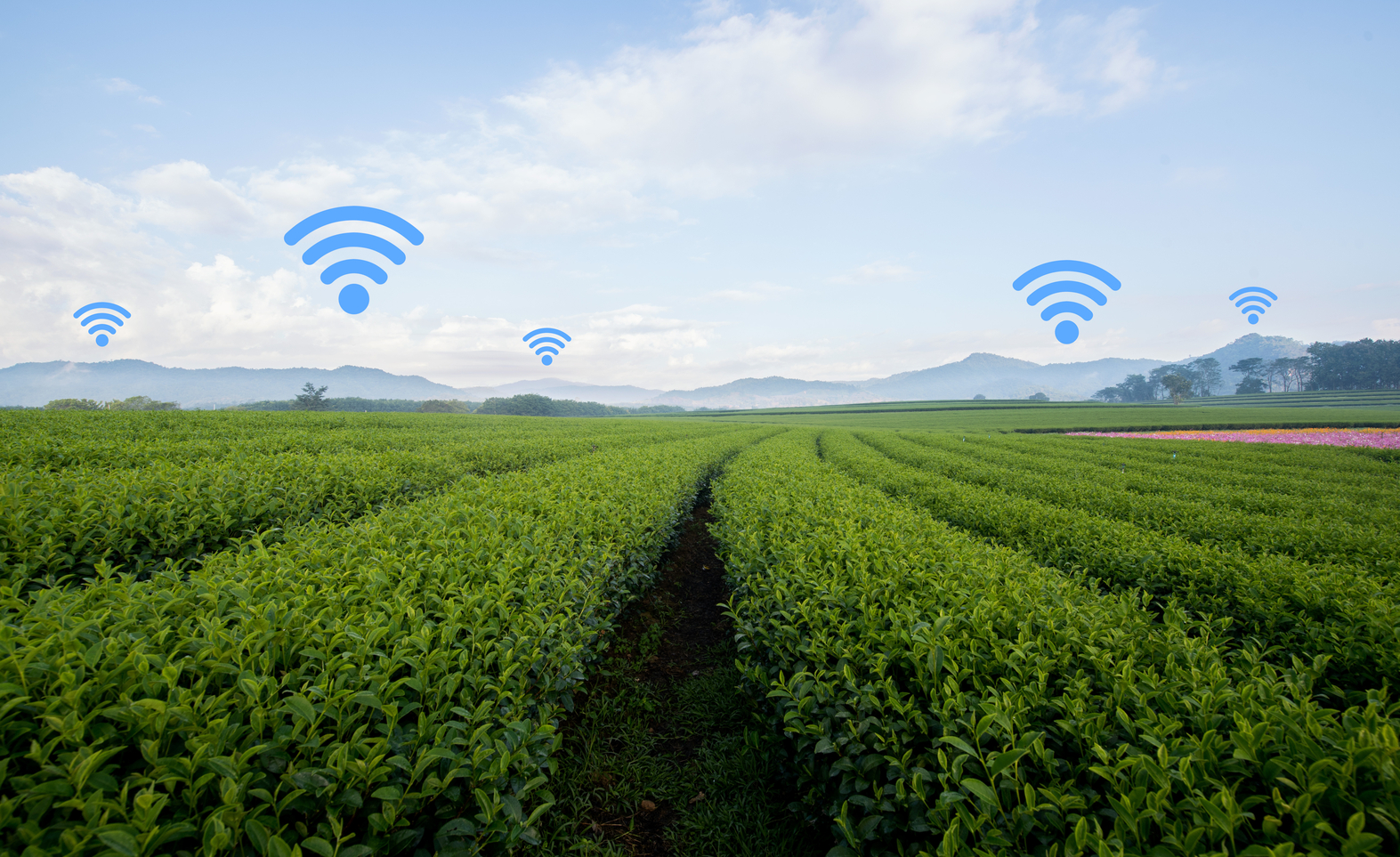
September 17, 2021
Data Analytics and Artificial Intelligence will be employed to gather intelligence and create a national database.
Prevalence of droughts and lack of concrete financing and insurance systems are key issues plaguing the sector.
Mechanisms have been included to verify the beneficiaries of insurance schemes and to curb leakages.
NICRA estimates India’s rice and wheat yields will see a marginal drop by 2050, necessitating sustainable counter measures.

The government of India has signed preliminary agreements with Microsoft, Amazon and Cisco, in addition to Indian entities like ITC Ltd and Reliance Industries to identify gaps in the agricultural ecosystem through Data Analytics and Artificial Intelligence. The agreements will be in effect starting April 2022 and data pertaining to land holdings, crop output, weather conditions and crop financing will be taken into account so as to boost farmer remuneration, reduce import dependency, foster technological upgradation and curb food wastage.
As of date, 50 million farmers have been identified for data collection and a pilot programme has been launched wherein Microsoft has onboarded farmers from 100 villages onto an in-house platform for real-time insight gathering and consultation. From a long-term perspective, the initiative will lead to the creation of a centralized agricultural database. Leaders in the industry are hopeful that the agreement and subsequent database will help the sector mitigate the impact of droughts, soil erosion, irregularities in yield and plug gaps in the supply chain. The government has included mechanisms for verification with regard to crop insurance and to curb rent-seeking tendencies.
The National Innovations in Climate Resilient Agriculture (NICRA) projects that rice yields both irrigated and rainfed yields of rice would drop by 7% and close to 2.5% percent by the year 2050. Wheat yields are also expected to fall by 6-25% by 2100. Technology infusion with the view of insulating the sector from the irregularities ushered in by climate change is key to shaping the future of the sector. Agreements such as the above could help facilitate sectoral growth and increase its resilience to external shocks.